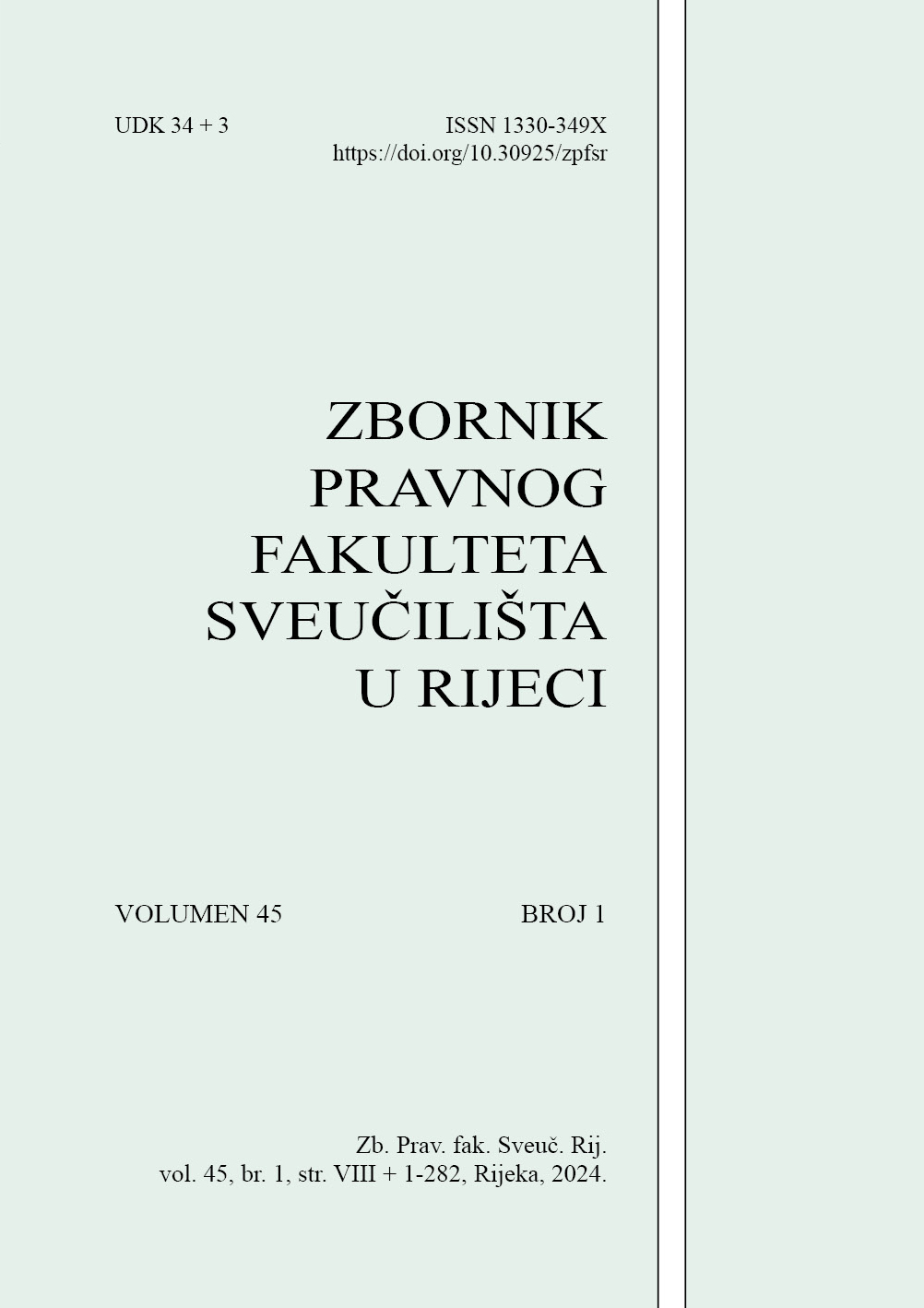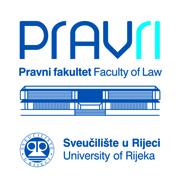INTEREST BALANCING TESTS IN CROATIAN INFORMATION ADMINISTRATIVE LAW
DOI:
https://doi.org/10.30925/zpfsr.45.1.11Keywords:
balancing test, principle of proportionality, information administrative law.Abstract
Croatian legislation in the areas of the right to access to information, protection of personal data, protection of secret data, archives, and media law regulates various forms of interest balancing tests. The tests are related to: relative restrictions on the right to access information; the legality of personal data processing and the right to be forgotten; exceptional access to classified data; certain elements of access to public archival materials; protection of privacy in the media. In the paper, the important characteristics of the mentioned tests, their purposes, the relationships between respective tests, and the legal procedures in which the tests are applied are theoretically and normatively analyzed and compared with each other. The origin of tests in the principle of proportionality, legislative approaches to regulating tests, the constitutional context of specific tests, and their relationship with administrative discretion are also considered. The mentioned tests are regulated by law or by regulation of supra-legal force. They are applied individually, in accordance with the circumstances of a specific case. Their purpose is to balance the values and interests protected by the unavailability of information with the public interest in its availability. Legislatively, they are regulated as stand-alone tests or as tests complementary to stand-alone tests. With rare exceptions, they apply in administrative procedure, with judicial protection in administrative disputes.
Additional Files
Published
How to Cite
Issue
Section
License
Copyright (c) 2024 Alen Rajko

This work is licensed under a Creative Commons Attribution-NonCommercial 4.0 International License.
Collected Papers is an open access journal. Journal does not charge article processing charges (APC) to authors. It is licensed under CC BY-NC licence 4.0.
Collected Papers of the Law Faculty of the University of Rijeka" is an Open Access journal. Users are allowed to read, download, copy, redistribute, print, search and link to material, and alter, transform, or build upon the material, or use them for any other lawful purpose as long as they attribute the source in an appropriate manner according to the CC BY licence.
The papers published in "Collected Papers of the Law Faculty of the University of Rijeka" can be deposited and self-archived in the institutional and thematic repositories providing the link to the journal's web pages and HRČAK.
Upon acceptance of the manuscript for publication by this journal, the author can publish same manuscript in other journals only with the permission of the Editorial Board (secondary publication). A repeated publication should contain a notice as to where the manuscript was originally published.



